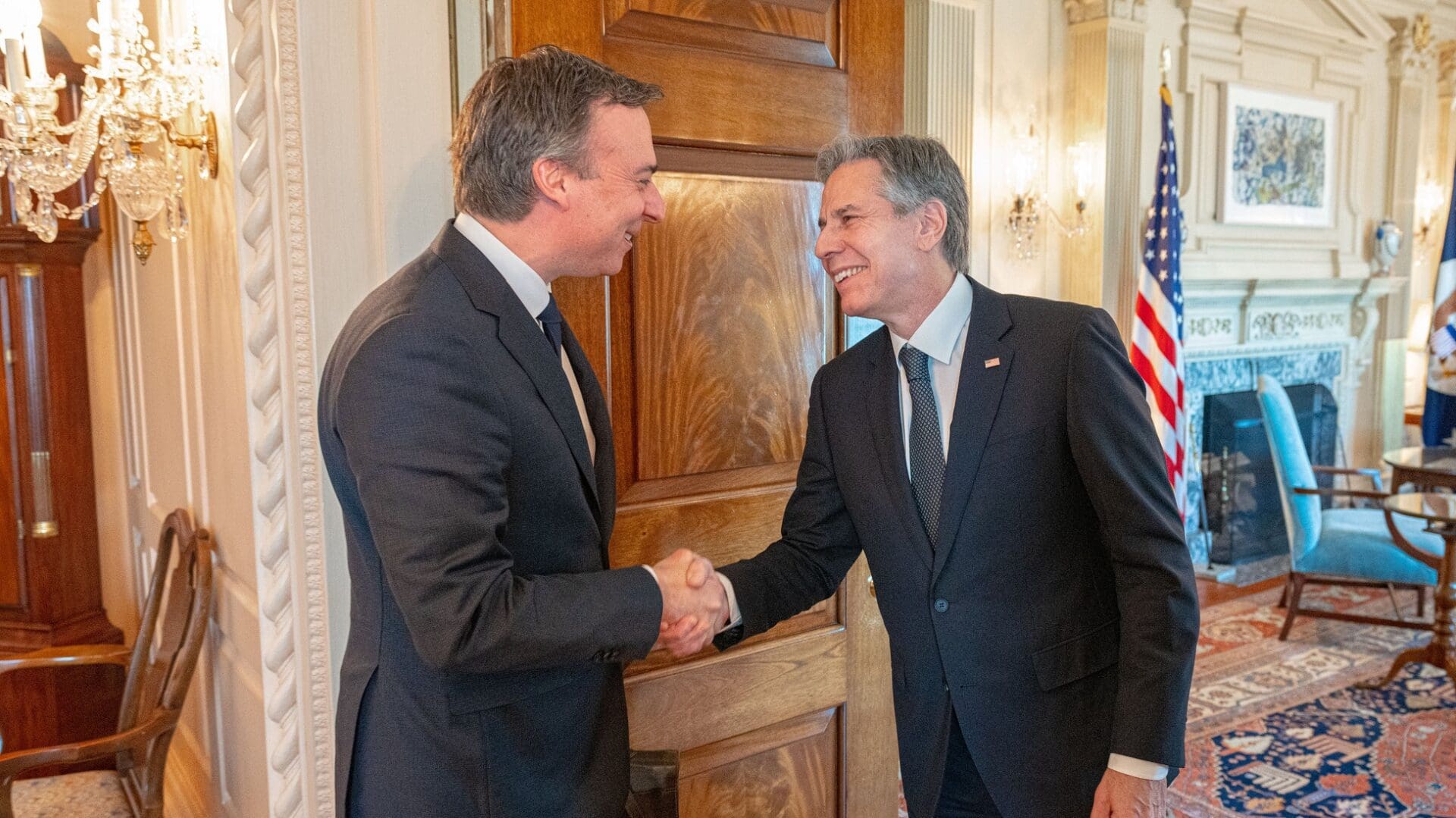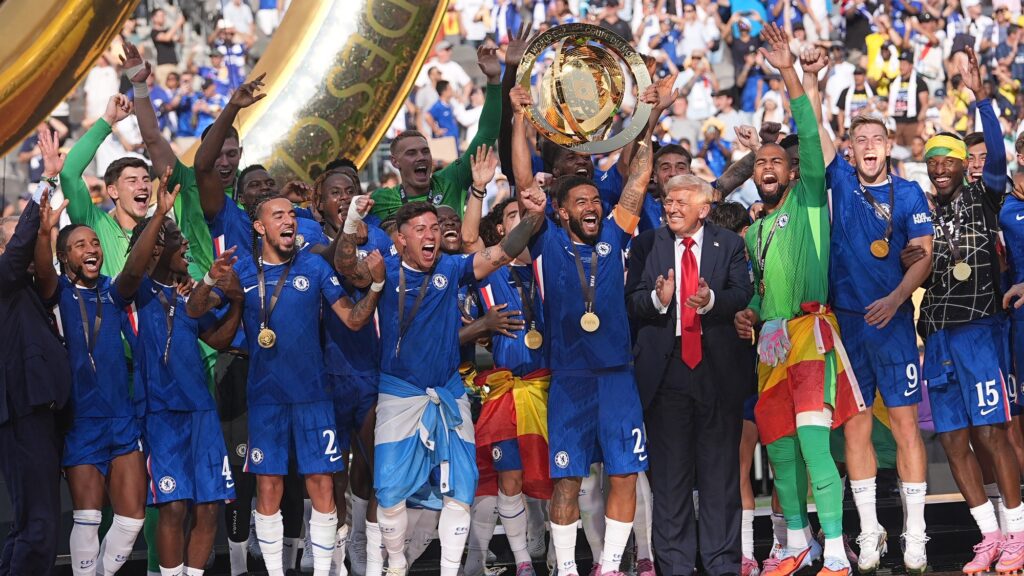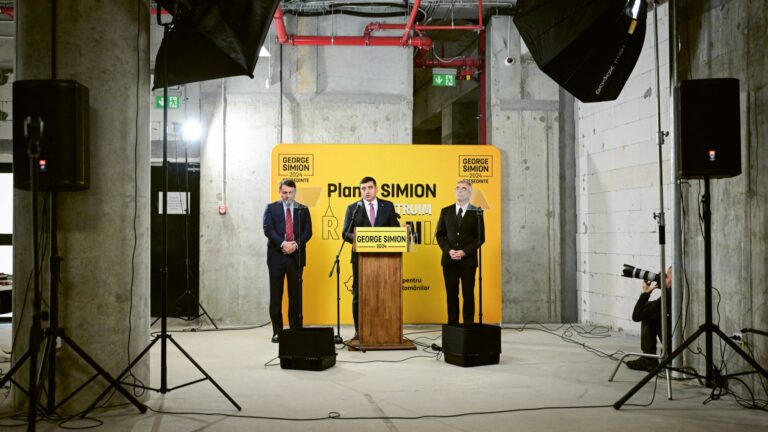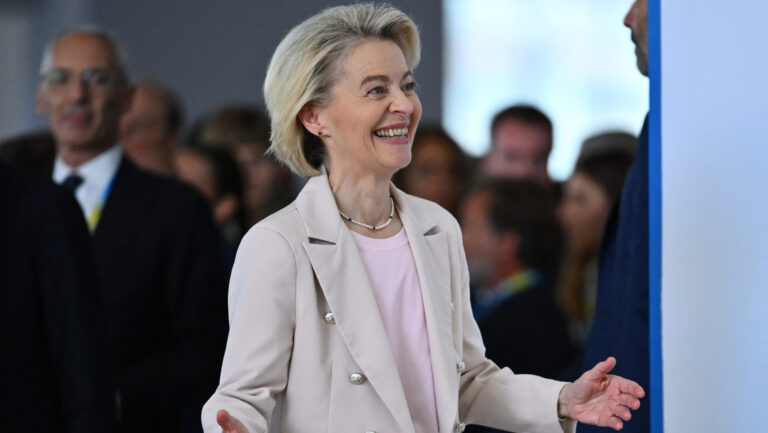US Ambassador to Hungary David Pressman has recently travelled back to his home country of the US to meet with Secretary of State Antony Blinken, White House Security officials, and Congressional leadership in Washington D.C. The topic of their discussion was the current state of US–Hungary relations.
It was good to spend time with Senator @LindseyGrahamSC to discuss the state of the U.S-Hungary relationship, the need for unity & resolve from Allies in standing up to Putin, and our shared sense of urgency about moving forward with Sweden and Finland’s NATO accession. pic.twitter.com/v7zZ7h6bbz
— Ambassador David Pressman (@USAmbHungary) March 9, 2023
After the meeting on 10 March, the US Embassy in Hungary put out a brief statement. In it, they outline the broad topics that were discussed at the event: the unity needed to stand up against Putin, the urgency of the accession of Sweden and Finland to NATO, some statements made by the Hungarian leadership about the US, and the importance of cooperation in these difficult times. This press release per se does not go into detail about any of these issues.
However, the Embassy did publish a short quote by Ambassador Pressman, in which he comes off as rather critical of the current Orbán administration. It reads:
‘Hungary has reached an important moment in determining its future path. As Russia’s unjustifiable war rages next door, the time is now for a stronger relationship between Hungary and its Transatlantic Allies and partners.’
Hungarian leaders have been constantly calling for peace negotiations. The Hungarian government in fact is the most prominent proponent of this stance among the NATO nations. Meanwhile, the US government has been sending tens of billions of dollars in military aid and weapons to Ukraine, with the goal of helping the aggrieved nation against expansionist Russia, but also prolonging the armed conflict in the process. This is where a major contention between Washington and Budapest originates from.
While it was not included in the Embassy’s press release, multiple news outlets have also reported that the US chief of mission at the Washington meeting advised PM Orbán to ‘pivot’ from Russia right now.
Previously, Minister of Foreign Affairs and Trade Péter Szijjártó has criticised Ambassador Pressman for wanting to meddle in Hungarian domestic politics. He even went as far as to say that
‘what he or any other ambassador thinks about domestic political processes in Hungary is completely irrelevant, because it is none of his business’.
While, as we wrote above, it was never specified, these were likely among the statements made by Hungarians state officials that were discussed in the Washington meeting between the Ambassador and Secretary of State Blinken.
Prime Minister Orbán has also been critical of the current US government in the past, saying that President Joe Biden’s ‘pro-war’ administration has too much of an influence in Brussels, which makes Europe weaker. Meanwhile, the PM has also called out the opposition in Hungary on having received billions of forints in funding from leftist political actors in the US, such as George Soros.
It seems PM Orbán and his administration are hoping for a Republican victory in next year’s US presidential election. The Prime Minister told radio listeners in an interview last Friday that if Former President Donald Trump were to win in 2024 (making him only the second President in US history to serve non-consecutive terms after Grover Cleveland in the late 19th century), peace could be achieved a lot faster in Europe. Also, while Ambassador Pressman was consulting in Washington D.C., Hungarian President Katalin Novák was meeting Florida Governor Ron DeSantis, the other major contender for the Republican nomination in 2024.








